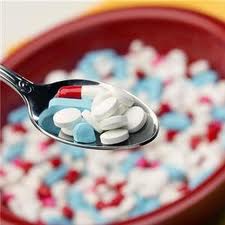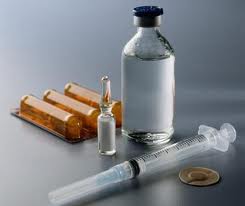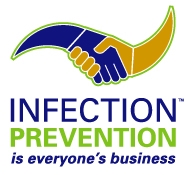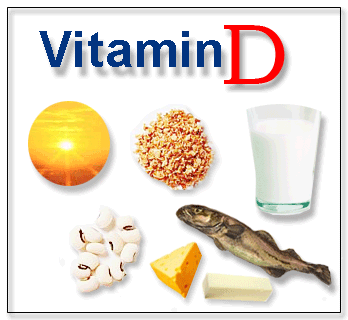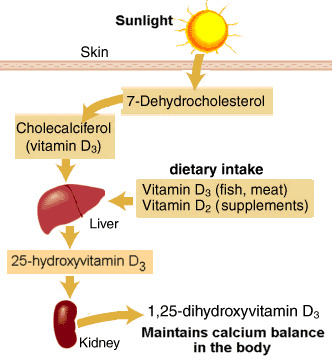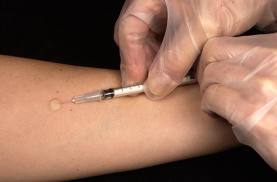 Are you a hepatitis B vaccine non-responder? Approximately 5-15% of people who receive the vaccine are considered non-responders. This is especially important for health care workers, families living in households with people that have HBV, and others who may be at increased risk of exposure to HBV. A vaccine non-responder is someone that does not build up an adequate immune response after receiving two, 3-shot series of the HBV vaccine. In other words, they complete one series of the HBV vaccine, and follow it with a surface antibody test (HBsAb or Anti-HBs) 4-6 weeks following the last injection of the series. If the anti-HBs titre is not greater than 10IU/l, than the series is repeated, preferably with an HBV vaccine from a different manufacturer, and the person is once again tested for immunity by testing for adequate anti-HBs. (See previous blog, “Got Hepatitis B? Keeping loved ones safe though HBV vaccination” for details)
Are you a hepatitis B vaccine non-responder? Approximately 5-15% of people who receive the vaccine are considered non-responders. This is especially important for health care workers, families living in households with people that have HBV, and others who may be at increased risk of exposure to HBV. A vaccine non-responder is someone that does not build up an adequate immune response after receiving two, 3-shot series of the HBV vaccine. In other words, they complete one series of the HBV vaccine, and follow it with a surface antibody test (HBsAb or Anti-HBs) 4-6 weeks following the last injection of the series. If the anti-HBs titre is not greater than 10IU/l, than the series is repeated, preferably with an HBV vaccine from a different manufacturer, and the person is once again tested for immunity by testing for adequate anti-HBs. (See previous blog, “Got Hepatitis B? Keeping loved ones safe though HBV vaccination” for details)
Fortunately there are other options for those concerned with being an HBV vaccine non-responder. There is a higher concentration of the HBV vaccine recommended by the CDC that is used for patients undergoing dialysis, and for those that are immune suppressed. It is a 40µg/ml concentration. If it has been one year or less since you completed the three-shot series of the regular concentration of the vaccine, you can try one intramuscular dose of 1.0 ml of the 40µg HBV vaccine. If it has been more than one year since your last three shot series of the vaccine, you can repeat the entire three-shot series with the 40µg concentration of the vaccine. Follow up with an anti-HBs titre test 4 to 6 weeks following the last injection to ensure it is greater than 10 IU/l, and that you have adequate immunity.
If you continue to remain a non-responder, you can try a series of as many as five intra-dermal injections, given every two weeks, using the 40µg concentration of the HBV vaccine. Dose one consists of 0.10 ml of the 40µg/ml vaccine, followed by the same dose two 2-weeks later. At that time an anti-HBs titre test would be drawn to check for immunity. If there was not adequate immunity, a third-intra-dermal dose of the vaccine would be given two weeks later. Anti-HBs titres would be checked every two weeks and the patient would be given another intra-dermal injection up to a total of 5 intradermal injections of the 40µg concentration of the HBV vaccine. Don’t forget to ensure that your anti-HBs titre is greater than 10IU/l.
Please note that the schedule for the series might vary depending on the study your doctor chooses to follow. However, it is recommended that the higher concentration (40µg) of the hepatitis B vaccine be used for best results.




